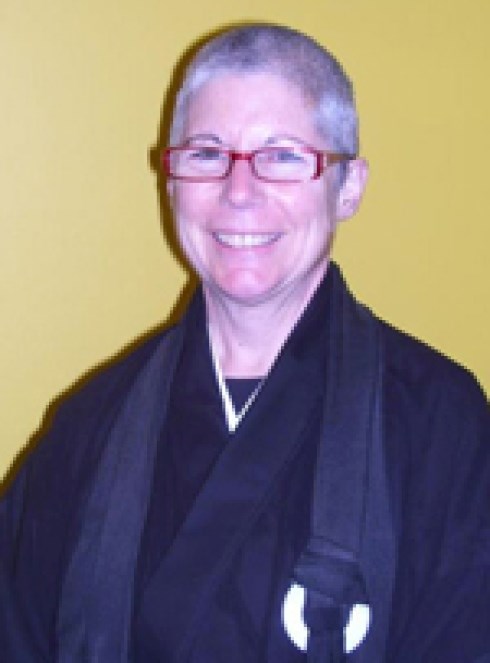Have you ever gone away on a relaxing holiday, only to find you’re overcome by stress soon after returning? Maybe you feel a bit discouraged about finding a way to deal with the level of anxiety in your life. Holidays help at the time, exercise too, but it always seems to build up again, until it seems almost normal to be living in a constant state of stressed out fight, flight, or freeze.
Recently I’ve been talking with a counselor who suggested this: Remember a time when you were struck by the feeling of being at ease. Perhaps you were on holiday, taking a walk in the forest, or just hanging out with friends. Bring all the details to life in your memory, where you were, what you were doing, remember the smell, the physical sensations, the sounds. Now bask in these pleasant sensations. Allow this memory to help you relax right now, in the midst of your busy life. Take this kind of self-compassion break several times during the day and invite peace and serenity into your life. Collect moments of this sort to savour again and again. What a gift this counselor’s words are.
Remembering a time when we felt that happy or peaceful gives us distance from our problems. It helps expand our focus away from the narrow experience of being stressed. It’s a kind of ‘on’ switch that lets us drop the fear, tension, and tunnel vision of anxiety, and open up to the possibilities, the wonder of life.
It came to me that this is similar to what we do in Zen meditation. The foundation of meditative practice is dropping into the moment, not just any moment, but this very one. By focusing on the breath, following it in as we inhale, noticing it turn, and then following it out as we exhale, we become aware of sights, sounds, and sensations that are happening right here and right now in this present moment. This frees us from thoughts of past experiences, regret maybe, or sadness, and also from anxious thoughts about the future.
Through regular, daily meditation, we can give ourselves the gift of peace, acceptance, and deep listening. Over time, this profound attention to our lives allows us to become aware of small experiences that are both meaningful and powerful. These vignettes may be transitory: the look of love on a child’s face, the beauty of a bird in flight, the graceful dip and twist of a falling leaf, reminding us that death is a part of life. These experiences may be brief or subtle, but they are extremely nourishing.
This concentrated attention also allows us to notice times when we are dissolved in an experience. It is a normal function of our minds, to sometimes be so absorbed in an activity that we seem to disappear. Afterwards we may ‘wake up’ and realize that we were temporarily ‘gone’. People sometimes experience this while doing sports or making music. This may sound inconsequential, but is a brief experience that points towards the state of mind that is called enlightenment or awakening.
This state of mind, rather than being something exotic and impossible to attain, is quite ordinary and can be developed through long term daily meditation. It is a normal state of mind that can be fostered. But why pursue this? This goes beyond mindfulness and stress relief. In fact mindfulness, already hugely beneficial, is just the first step to deeper Zen meditation, to the practice of dissolution, leading in time to the profound experience of being awake and present in our lives.
 Soshin McMurchy is a priest with Zenwest Buddhist Society, and serves as the Buddhist Chaplain with the University of Victoria Multifaith Services. She works part-time at the Greater Victoria Public Library and lives in Victoria with her partner of 38 years.
Soshin McMurchy is a priest with Zenwest Buddhist Society, and serves as the Buddhist Chaplain with the University of Victoria Multifaith Services. She works part-time at the Greater Victoria Public Library and lives in Victoria with her partner of 38 years.
You can read more on our interfaith blog, Spiritually Speaking
* This article was published in the print edition of the Times 91ԭ�� on Saturday, Oct 1 2016


